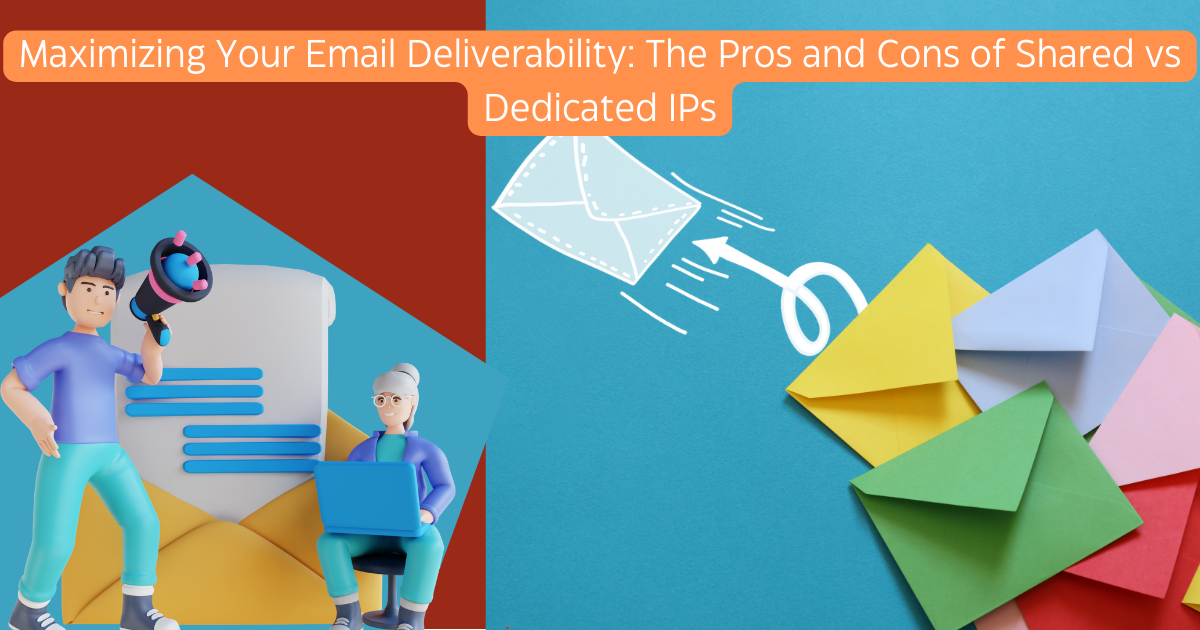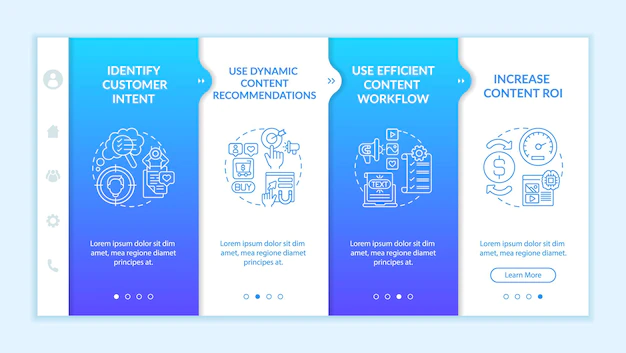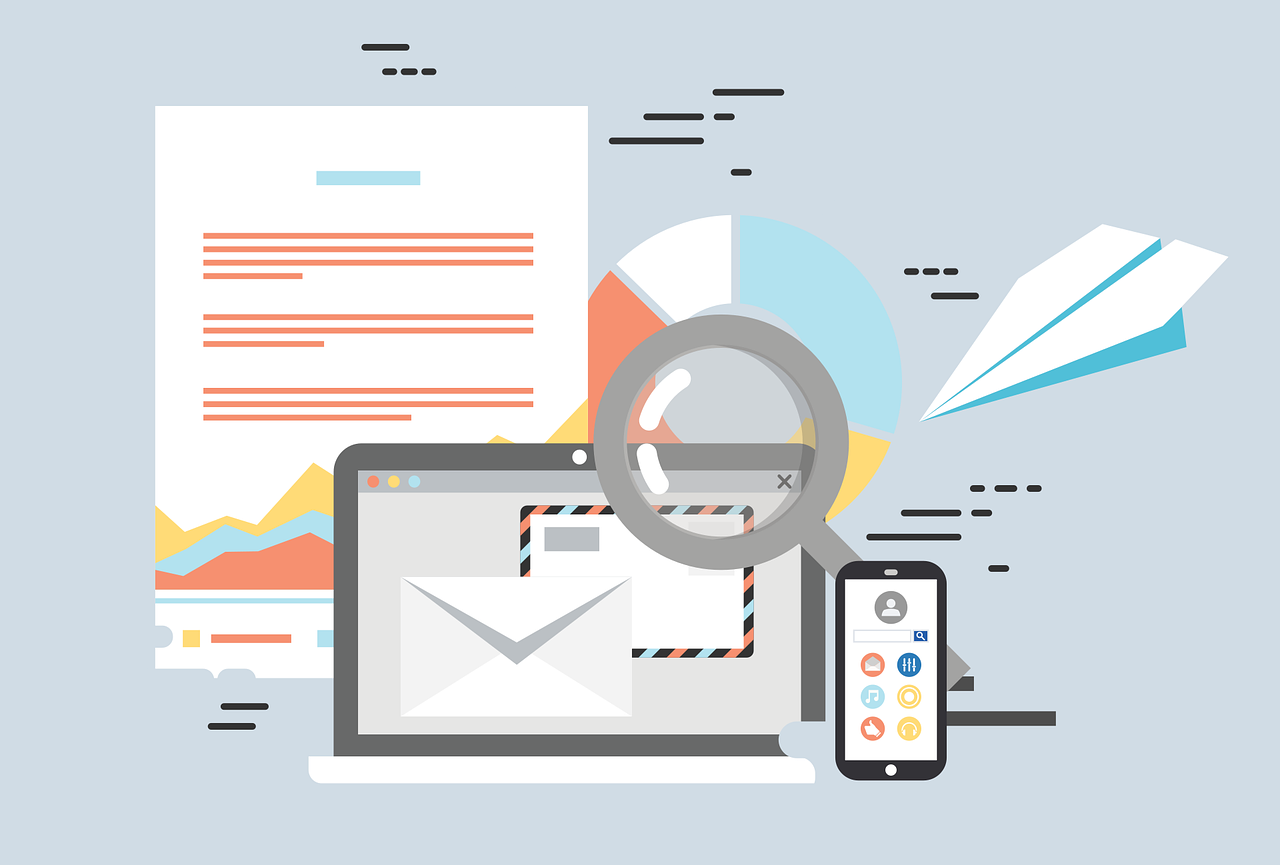An effective email marketing strategy is an essential component of any successful ecommerce business. It allows you to connect with your customers, build relationships, and drive sales. Here are some tips for creating an email marketing strategy for your ecommerce business:
Define your target audience:
Before you can create a successful email marketing strategy, you need to know who your target audience is. Consider the demographics of your customers, their interests and preferences, and what motivates them to make a purchase. This will help you create tailored emails that are more likely to resonate with your audience.
Email is the preferred communication method for customers, with 66% of consumers saying they want to receive promotional emails from companies they do business with.
Set clear goals:
It’s important to have clear goals in mind when creating an email marketing strategy. These goals could include increasing website traffic, boosting sales, or improving customer engagement. Having specific goals will help you create a more focused and effective email marketing plan.
Create engaging and relevant content:
The key to a successful email marketing strategy is creating engaging and relevant content that resonates with your audience. This could include product recommendations, special offers and promotions, or informative content such as blog posts or videos. Make sure to include a compelling call to action that encourages your audience to take the next step.
Use segmentation and personalization:
Segmenting your email list allows you to send targeted and personalized emails to different groups of customers. For example, you could create separate email lists for customers who have purchased from you before and those who are new to your business. This will help you create more relevant and engaging content for each group.
Personalized emails improve click-through rates by an average of 14% and conversions by 10%.
Test and optimize:
It’s important to constantly test and optimize your email marketing strategy to ensure it’s as effective as possible. This could include A/B testing different subject lines, email content, and calls to action to see which ones perform best. You can also use analytics and data to track the performance of your emails and make adjustments based on the results.
In conclusion,
an email marketing strategy is an essential tool for any ecommerce business. By defining your target audience, setting clear goals, creating engaging content, using segmentation and personalization, and constantly testing and optimizing your strategy, you can create a successful email marketing plan that drives sales and builds relationships with your customers.










